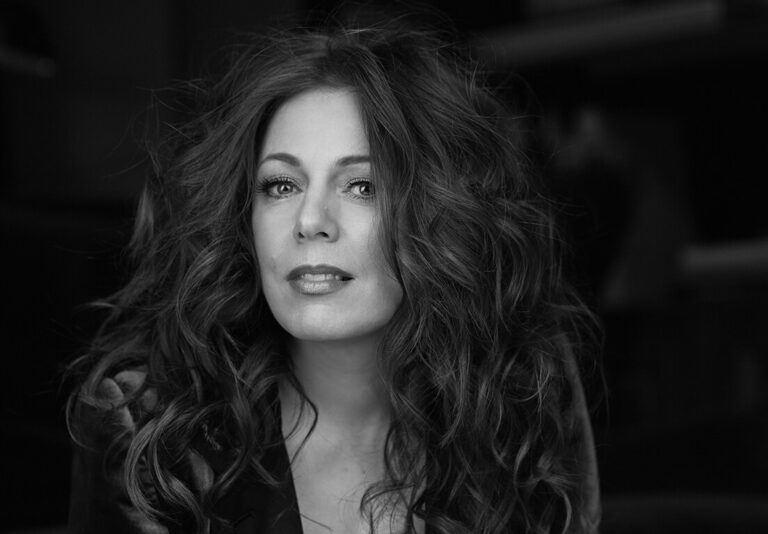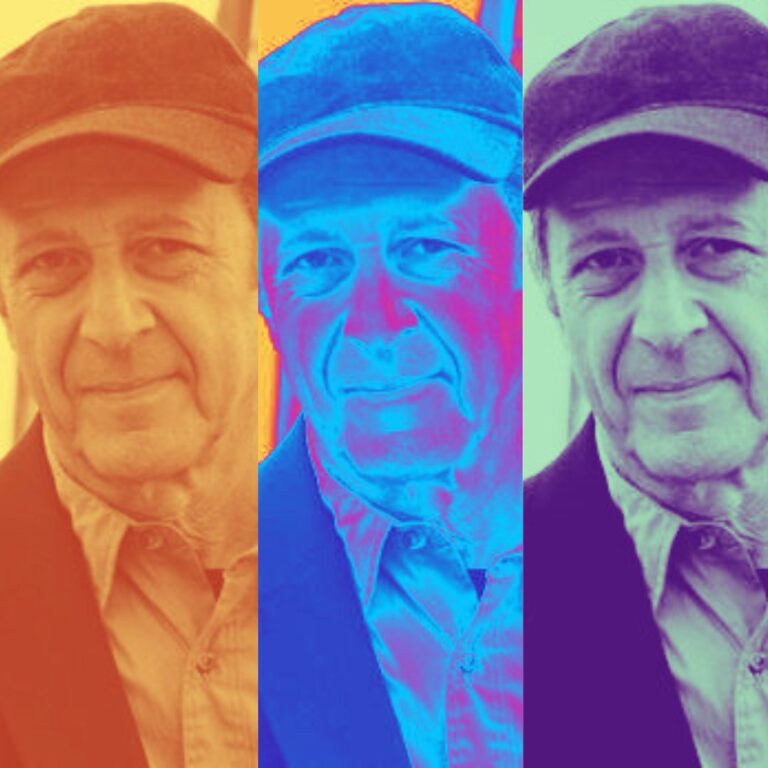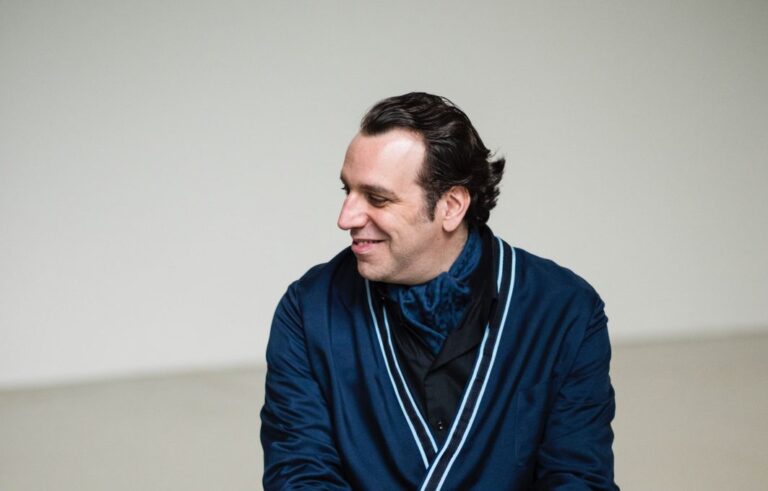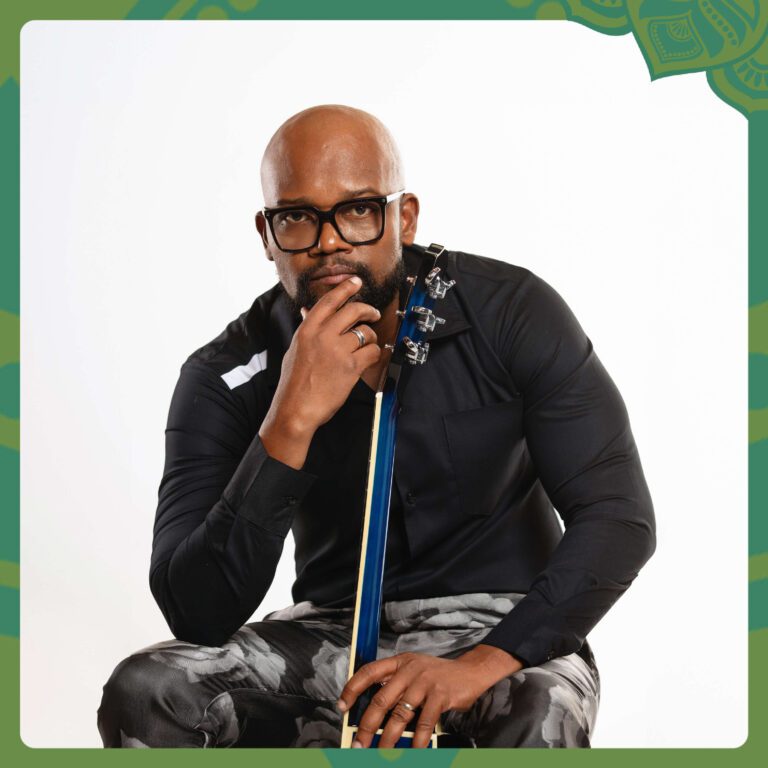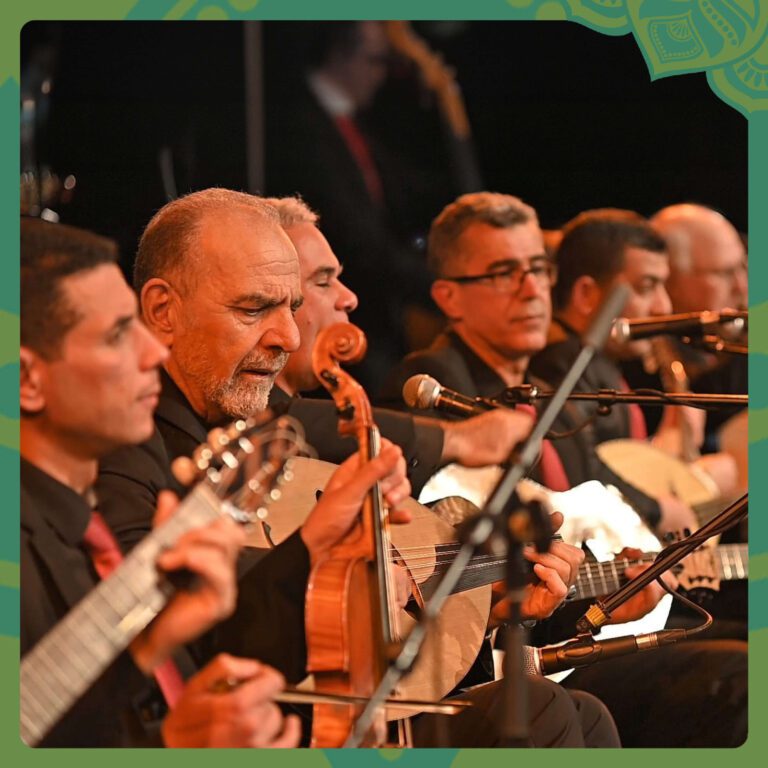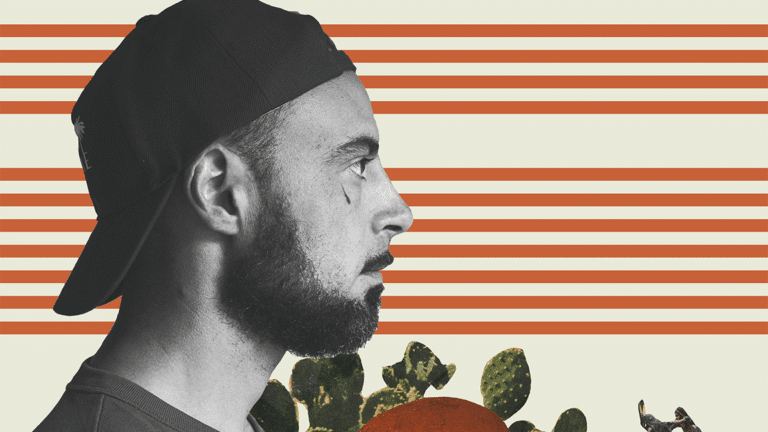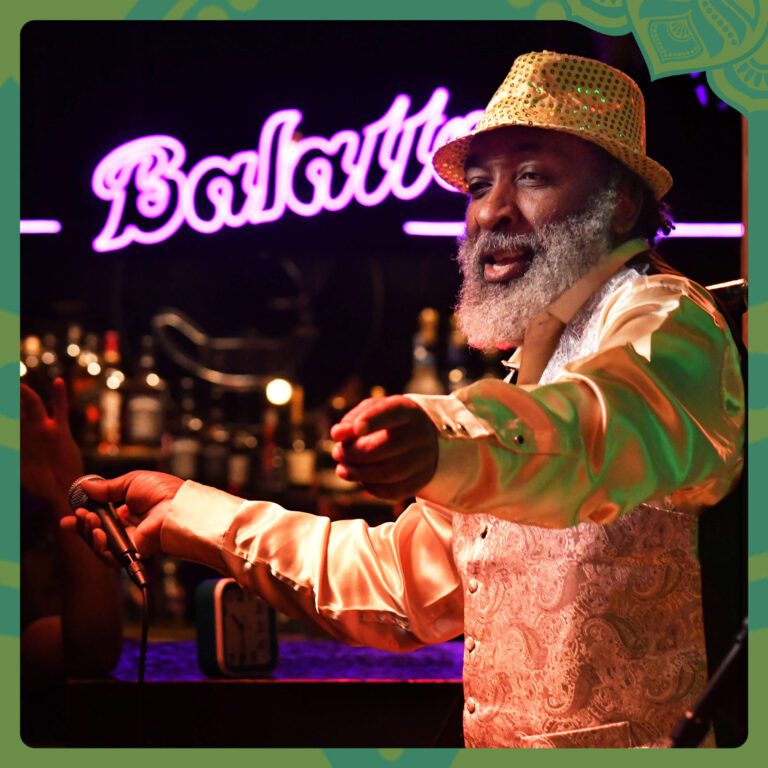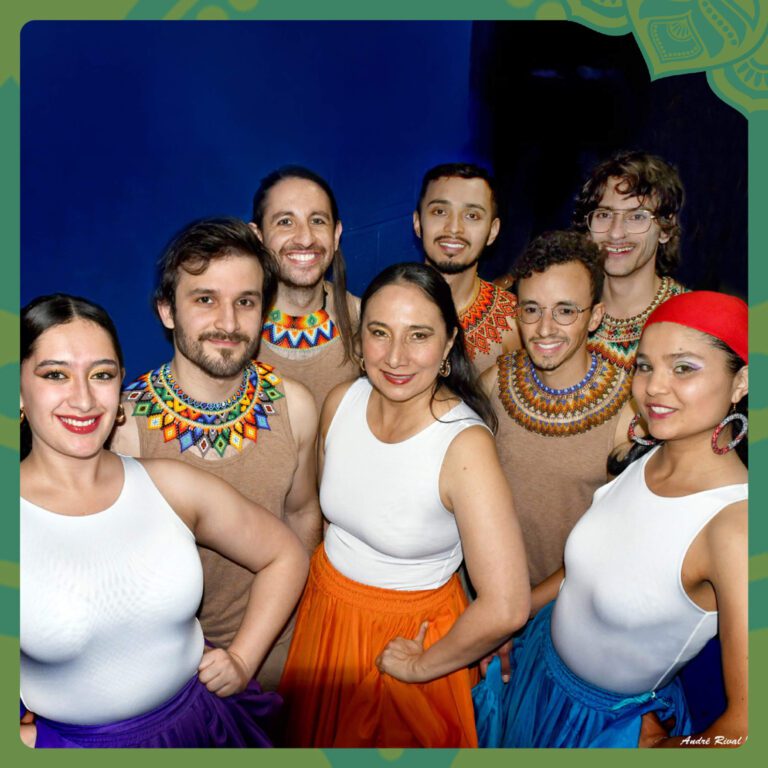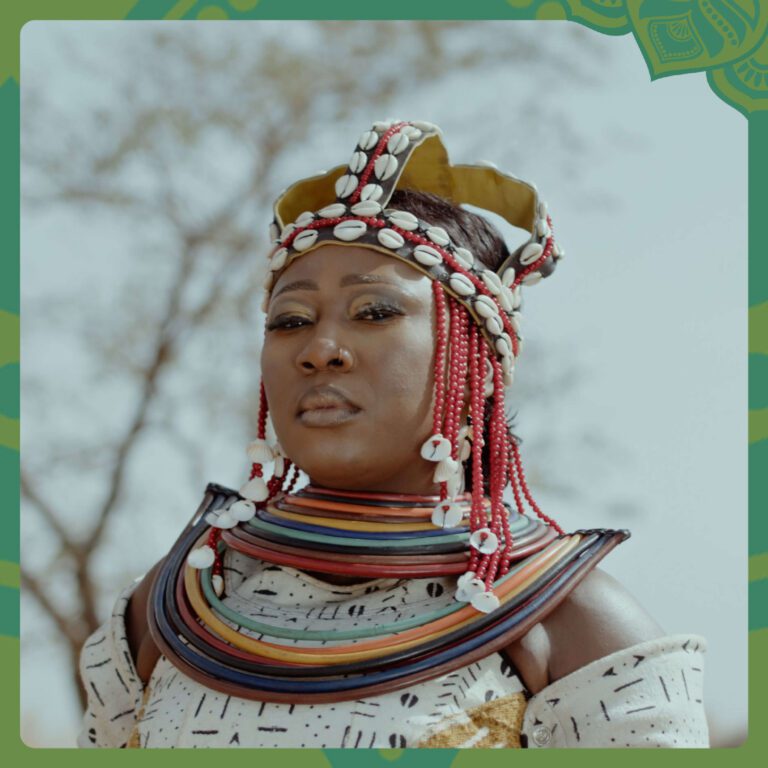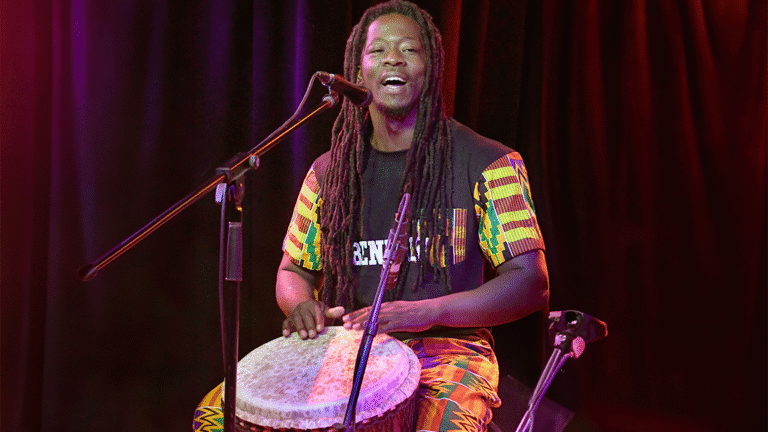Née le 6 juillet 1972 à Sainte-Félicité, Québec, Isabelle Boulay est une star internationale. Détentrice de 19 Félix et de 2 Victoires de la musique, elle détient le record, avec Céline Dion, de la chanteuse québécoise ayant le plus souvent remporté le prestigieux Félix de l’Interprète féminine de l’année, soit à 7 reprises. L’aventure débute dans les années 90, alors qu’elle remporte trois prix d’interprétation dans des concours de chant réputés : au Festival de la Petite Vallée et au Festival international de la chanson de Granby. Ces honneurs lui permettront de décrocher des contrats pour la série télé Alys Robi et la comédie musicale Starmania. En 1996, elle fait paraitre* Fallait pas*, son premier album. Le deuxième, États d’amour, est celui qui lui amène la notoriété et le succès : le disque s’écoule à plus de 240 000 exemplaires au Québec. Puis, à la parution de l’album Mieux qu’ici-bas, c’est la consécration. Elle adhère à ce petit groupe d’artistes de la francophonie qui vend plus d’un million d’albums pour un même opus.
Born on July 6, 1972, in Sainte-Félicité, Quebec, Isabelle Boulay is an international star. A recipient of 19 Félix Awards and 2 Victoires de la Musique, she shares the record with Céline Dion for the most Félix wins for Female Performer of the Year — a title she has claimed seven times. Her journey began in the 1990s, when she won three interpretation prizes at prestigious singing competitions, including the Petite-Vallée Festival and the Granby International Song Festival. These honors led to roles in the TV series Alys Robi and the musical Starmania. In 1996, she released her debut album, Fallait pas. Her second album, États d’amour, brought her widespread recognition and commercial success, selling over 240,000 copies in Quebec alone. With the release of Mieux qu’ici-bas, she reached new heights, joining the elite ranks of Francophone artists who have sold over one million copies of a single album.
CE SPECTACLE EST GRATUIT!
Ce contenu provient d’IsabelleBoulay.com et est adapté par PAN M 360
